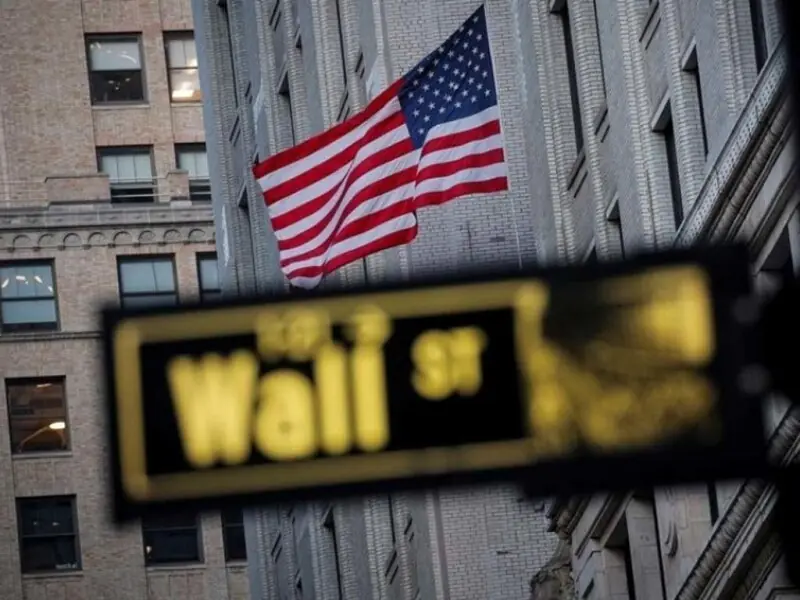
It has been over three and a half years since the so-called “Battle of Kaufland,” better remembered by Bulgarians as the “Battle for Sunflower Oil.” The episode reflects more than just a lack of market awareness; it highlights how panic and emotional responses often outweigh rational thinking among consumers in the country.
Sunflower oil, in particular, has achieved almost symbolic status in Bulgaria, becoming a product with some of the most dramatic price swings in the market. In 2025, prices for this staple surged roughly 16 percent due to a poor harvest, demonstrating how vulnerable essential goods are to supply shocks. Similarly, seasonal produce such as watermelons has shown extreme volatility: at the start of the year, prices at Sofia’s “Dimitar Petkov” market reached 1.99 leva per kilogram, with some sellers charging up to 2.50 leva/kg. Months later, the same fruit could be purchased for just 50 stotinki – a fourfold decline.
The lesson for consumers is clear: price awareness – or what economists call “price sensitivity” – can guide smarter purchasing decisions. Rather than rushing to buy expensive products, consumers benefit from patience and timing, waiting for prices to normalize. In Bulgaria, this is a skill often overlooked, unlike in countries such as Poland in the early 1990s. When lamb prices spiked there, consumers reduced their purchases and switched to alternatives, forcing prices down within weeks.
Price sensitivity measures how demand reacts to changes in price. High sensitivity means even small price hikes reduce demand significantly, typical of mass-market goods with many substitutes. Low sensitivity, on the other hand, indicates that even substantial price changes have little effect on purchasing behavior, a pattern seen with medicines, fuels, or luxury goods with strong brand loyalty. Yet Bulgarians often respond to low-sensitivity situations by buying in panic, fearing future price increases, which can exacerbate inflationary pressures.
Dr. Joachim Wuermeling, director of the Bundesbank, emphasizes the importance of maintaining price sensitivity during Bulgaria’s upcoming euro adoption. He warns that failure to do so can create conditions for rapid inflation, a pattern observed in other countries undergoing currency transitions. The Croatian experience, while positive in terms of tourism and economic integration, also demonstrated how inflationary pressures can rise when consumers and businesses anticipate price increases during a currency changeover.
Citizens play a key role in preventing unnecessary inflation. Dr. Wuermeling notes three critical steps: first, politicians should avoid discussing future inflation, as speculation itself can drive price increases. Second, consumers should act prudently rather than enabling price surges through panic buying. Third, regulatory authorities must focus on effective oversight of supply chains and market transparency rather than micromanaging prices directly.
Ultimately, Bulgaria’s challenge lies in cultivating an informed and patient consumer base capable of resisting the instinct to react emotionally to temporary price spikes. The euro’s introduction offers an opportunity to reinforce market discipline, provided both citizens and authorities act strategically to maintain a stable, well-functioning economy.



